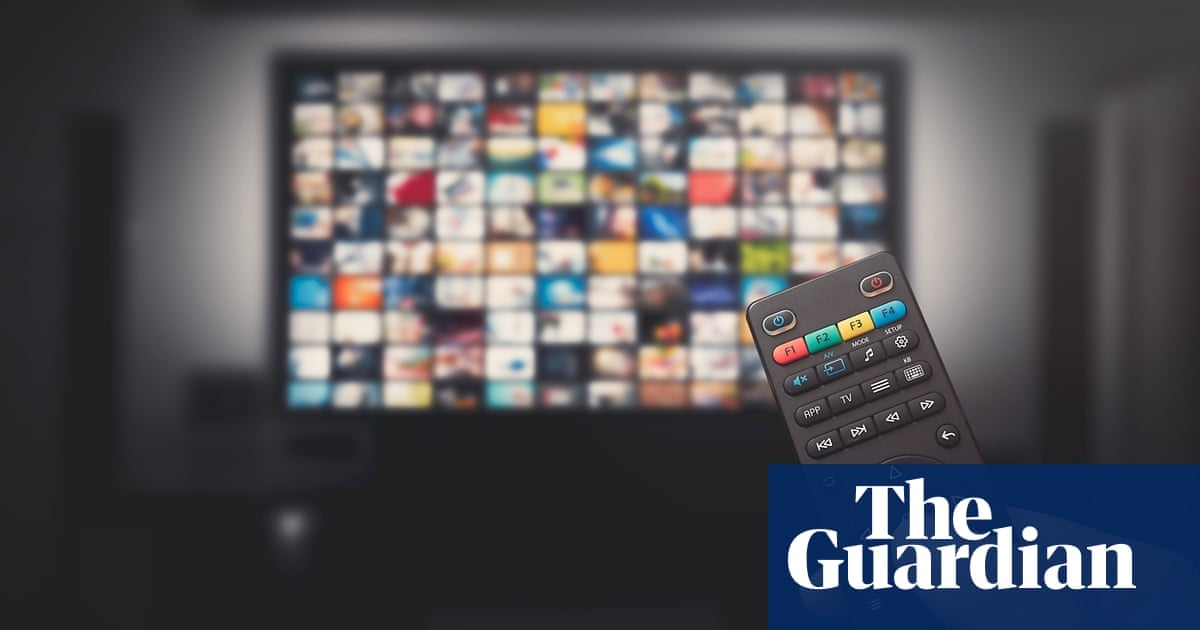*What rights do you have to the digital movies, TV shows and music you buy online? That question was on the minds of Telstra TV Box Office customers this month after the company announced it would shut down the service in June. Customers were told that unless they moved over to another service, Fetch, they would no longer be able to access the films and TV shows they had bought. *



I’m not who you asked, but my opinion is that it comes down to the types of people you’re dealing with and age of the industries. The video game industry isn’t that old, especially in its modern, mega blockbuster age. By its very nature, it’s something that is on or near the leading edge of technology. This means the people involved are usually (though not always) forward thinking and live in the modern world.
By contrast, the motion picture industry is over a century old. It’s deeply established in how it does business and you can see the effects of that entrenchment every time a new technology emerges that affects how people watch film and TV. They went to court to make VCRs illegal. DVDs were too high quality, so they made a self destructing kind of DVD (remember divx before it bizarrely became the name of a codec?). The industry went to war with itself more than once with format wars (VHS vs Beta, HD-DVD vs Blu-ray). This isn’t an industry that handles change well, and they’ve always believed everyone is a lying thief.
All this to say, the video game industry is trying to make money in the modern world, while the TV/film industry is trying to cling to a business model one or two generations out of date because they fear change. There’s no technical reason that a game or a movie couldn’t be licensed for exactly the same amount of time. It’s just how the people with power in both industries operate.
If the movie industry was smart, they’d have looked at what the music industry did and just copy/pasted that. The music industry has 2 kinds of stores, neither of which they involve themselves in running:
Compare that to the TV/film industry who looked at all that and decided to do the opposite. They run their own streaming only stores that are all bleeding money instead of fostering competition by encouraging more places like Netflix to start up. They don’t, to the best of my knowledge, run any stores where you can download a DRM free video file after paying a reasonable price. This whole industry is fucked, but it’s so massive it can absorb decades of bad decisions because there’s enough good actual product that people will pay for. And that insulation from their shit decision making and their fear of change is why TV/film licenses are so much more restrictive than game licenses, at least IMO.
Convincing analysis. I guess the question is, if we assume this is the case, will the industry ever heal?
It’s hard to say. Look how long it took for the music industry to stop suing their customers en masse and just adapt to a changing market. The film/TV industry hasn’t even begun walking that path. It may never change, but if it does, I suspect it’ll take a very long time.